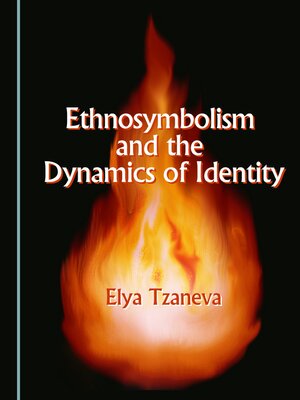
Sign up to save your library
With an OverDrive account, you can save your favorite libraries for at-a-glance information about availability. Find out more about OverDrive accounts.
Find this title in Libby, the library reading app by OverDrive.



Search for a digital library with this title
Title found at these libraries:
| Library Name | Distance |
|---|---|
| Loading... |
This book is an exploration of the potential of the ethnosymbolic approach to nation and identity to act as an instrumental tool for research into the mechanisms of identity-building. Using insights and data from Bulgarian history and culture, it views the construction of Bulgarian national identity as a modern process intimately affected by circumstances which prevailed in nineteenth-century Bulgarian society, and also as a process which, for its structural and psychological prerequisites, drew upon and reworked various specific features and peculiarities of an available but always malleable and never fixed Bulgarian ethnic and cultural tradition. The development of Bulgarian national identity drew, in combination or mutual interaction, upon two main sources: namely, a process of articulating, systematising and rationalising ideas of group commonality and ethnic distinctiveness; and the mobilising and politicising effect of modern economic and political forces upon that intersubjective process. The overall means of national identity construction, in all its complexity, was achieved as a symbiosis between the historical continuity of a collective ethnic inheritance and the modern dynamics of its political activation and mobilisation.The book combines, diachronically, the ideas and logic of social evolution with a synchronic approach that draws upon the so-called "instrumentalist" view of ethnic phenomena. It explores the cultural landscape of available ethnic notions and terms that were utilised as expressions of Bulgarian ethnic identity, but which also, in that process, reshaped all this in response to the changing conditions of Bulgarian society in the nineteenth century. As such, the book offers an in-depth investigation of how ideas of national identity were formed and changed within a modernist framework. Furthermore, it shows how ethnosymbolism, used as a tool and instrumentarium for national identity construction, can reveal the main patterns that contribute to what is defined as a discursive construction of identity dynamics.







